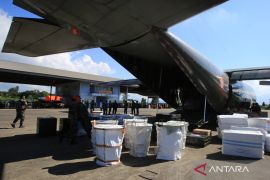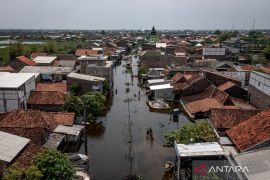"We are glad about the sharp decline in the international food prices, especially after the increase we have experienced," Senior Director of Global Poverty at the World Bank Group Ana Revenga said here on Wednesday.
He remarked that the slump was aided by international wheat prices, which fell 19 percent, and corn prices that decreased by 21 percent, during the period.
However, she said, the prices of rice increased by 13 percent during the same period.
"As the prices of food fluctuate and the anxieties of the vulnerable communities grow, it is important to have all the tools for fighting the food inflation crisis ready," she affirmed.
Based on the data from Food Price Watch and the World Bank, food prices were trading below 6 percent in August 2014, as compared to August 2013.
In fact, according to the data, the current food prices are 21 percent below the prices in August 2012 when it peaked.
Therefore, the World Bank has launched a Food Price Crisis Observatory to help the policy makers, non-governmental organizations, private sectors and others to recognize and prevent the food inflation crisis.
Meanwhile, head of the Central Statistics Agency Suryamin stated that the international prices of food and gold, and the air freight rates, declined in September 2014 and that could further reduce the high rate of inflation.
"The prices of onions, fish and meat declined as their supply was good. Besides this, the international gold price also fell. The air freight rates declined because of low demand," Suryamin said.(*)
Editor: Heru Purwanto
Copyright © ANTARA 2014











